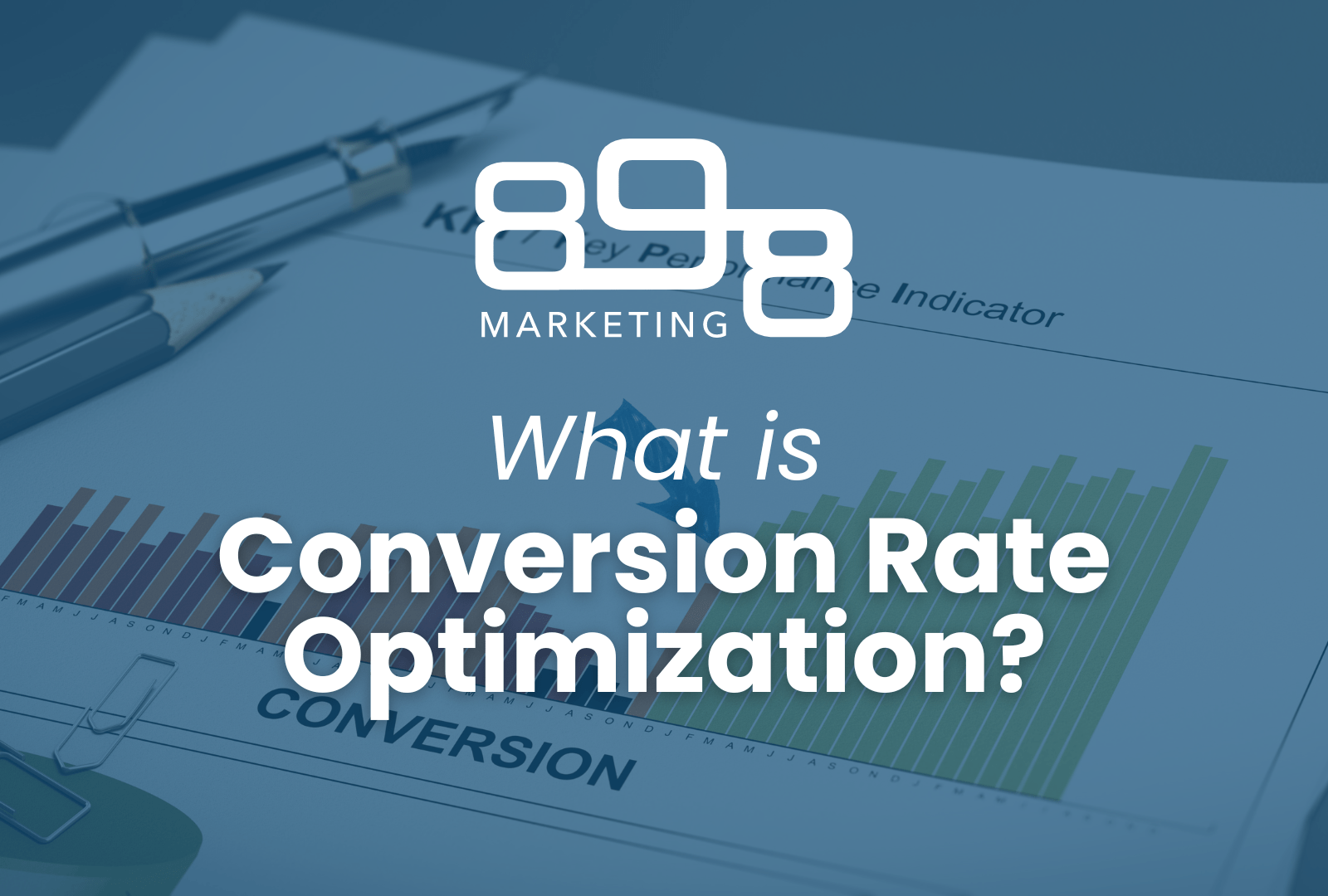
The 4 Best Website Building Platforms and What They Do Best
In the world of websites, there are many different tools and platforms available to develop your business’s website. A content management system (CMS) will allow you to easily add and edit the content on your site without needing to learn HTML code. With so many CMS platforms to choose from, how can you decide which is best for you? I’ll be outlining four popular platforms to help you find the best CMS to fit your business’s skillset and needs.
WordPress
WordPress began as a platform to easily publish blogs on the web, but since then it has transformed into a full-scale, open-source CMS that can tackle anything from a static website to a site incorporating blogs, event scheduling, ecommerce, and many more through plugins and themes. With a variety of resources available, WordPress is an ideal platform whether you have little technical knowledge or would prefer to write custom code for the site.
Features:
- Open-source, so you can shop around for the best hosting plan
- Base platform is free to download
- A multitude of support through community forums
- Can expand to support any kind of website feature with plugins and themes, both free and paid
Perfect for:
- Any business looking to quickly create a stronger web presence with a web team that can manage the more technical aspects of website development.
Squarespace
Squarespace is a new contender to the CMS world that has quickly gained traction through their marketing campaigns and sponsorships. While they provide tools for deeper development, Squarespace really shines in their drag-and-drop builder interface. With available integrations for ecommerce and dynamic content, Squarespace can be a powerful platform for anyone unfamiliar with creating a website. And if hosting sounds too daunting, then you’re in luck, because Squarespace can handle all the technical challenges for you.
Features:
- All-in-one solution for domain, hosting, and further integrations. No need for third-party plugins and support.
- Easy-to-use interface that anyone can learn how to use
- A variety of templates built-in so you don’t have to worry about building from scratch
Perfect for:
- A business looking to create and manage their site in-house without the need for a lot of technical knowledge.
Shopify
Shopify is becoming a big contender for ecommerce, with big brands like Tesla, Sephora, and the Los Angeles Lakers already using it to power their online stores. While you are a bit limited on the design of the website, the pros can easily outweigh the cons with the features included with the price. Shopify hosts the site for you and manages all your transactions to give you more time to focus on what matters: selling your products.
Features:
- Manages hosting and payment processing for you
- A visual builder to easily create your site from scratch
- A variety of templates available
- Third party templates and plugins available in case you want something Shopify can’t provide
Perfect for:
- A business wanting to easily create an ecommerce presence that is not looking to put a lot of resources into IT management for the website.
Magento
Magento is a long-running ecommerce platform that’s been around for over twelve years, but with its recent purchase by Adobe and the move to Magento 2.0, the platform has evolved to handle ecommerce on the modern web. Magento is not as easy to get started with as platforms like Shopify, but if your business has a team ready to manage those technical requirements, Magneto may be the ecommerce and CMS platform for you. Magento places the responsibility of hosting and payment processing on you, but it is highly customizable allowing you to integrate with a large variety of payment processing and inventory management systems.
Features:
- Highly customizable to handle all your technical needs
- Host and manage it all yourself – perfect for a business with an IT team ready to integrate all their systems together
- Third party templates available to help you get a head start on design
Perfect for:
- A well-established company looking to take the next step to a more powerful ecommerce solution.
This is just the tip of the iceberg when it comes to CMS platforms. There are so many more available, even some geared to specific industries, but these four are some of the most trusted, easy to use, and versatile platforms out there. Now, your search for a CMS platform for your business will be a little easier!
ABOUT THE AUTHOR
Brady Sklenar is a Digital Integration Specialist at 898 Marketing. Brady implements web, search engine optimization, coding, and content strategies throughout various internet and social media channels for 898 Marketing and its clients. Brady is a Canfield, Ohio native, and a graduate of Youngstown State University with a Bachelor of Science in Computer Information Systems.









Recent Comments